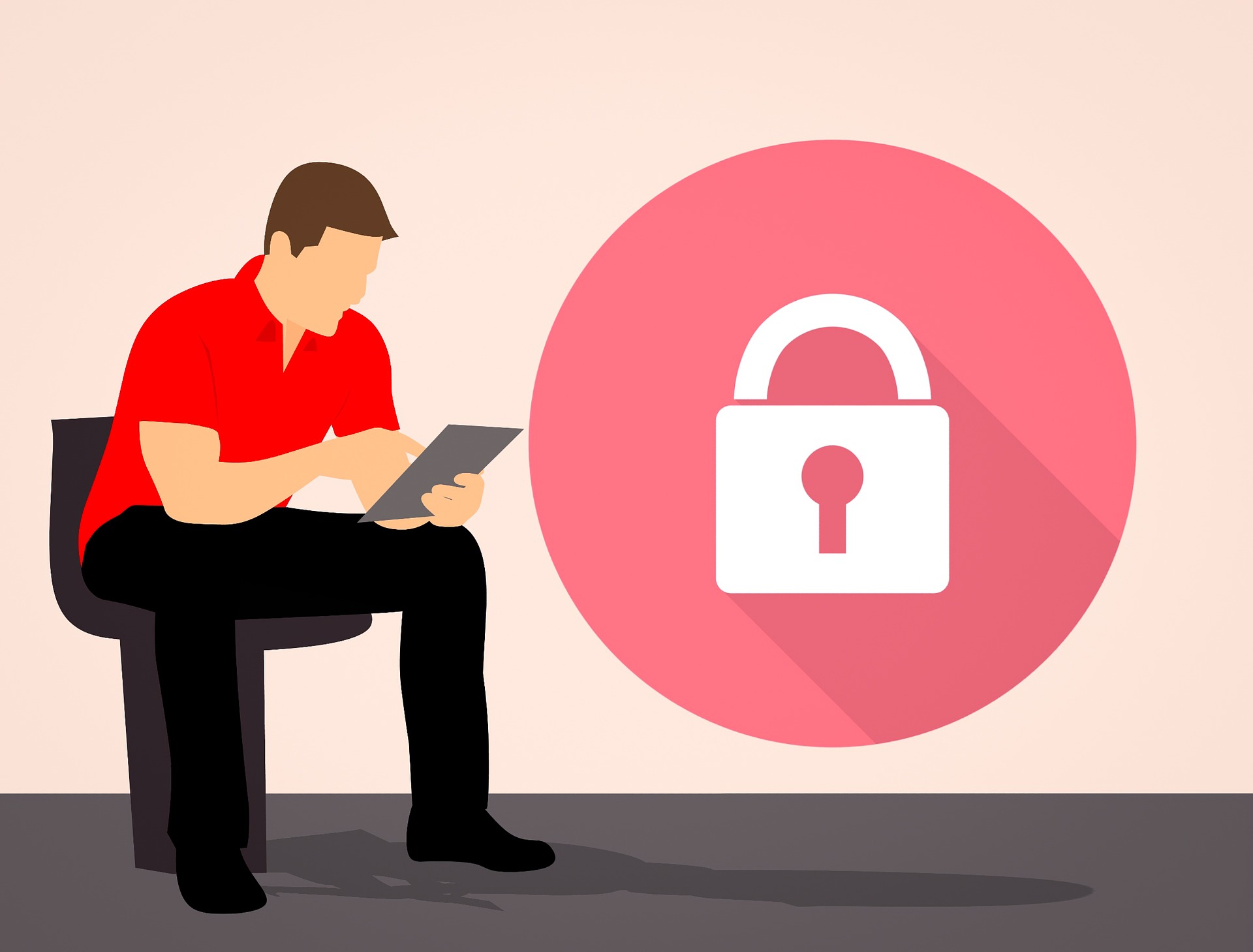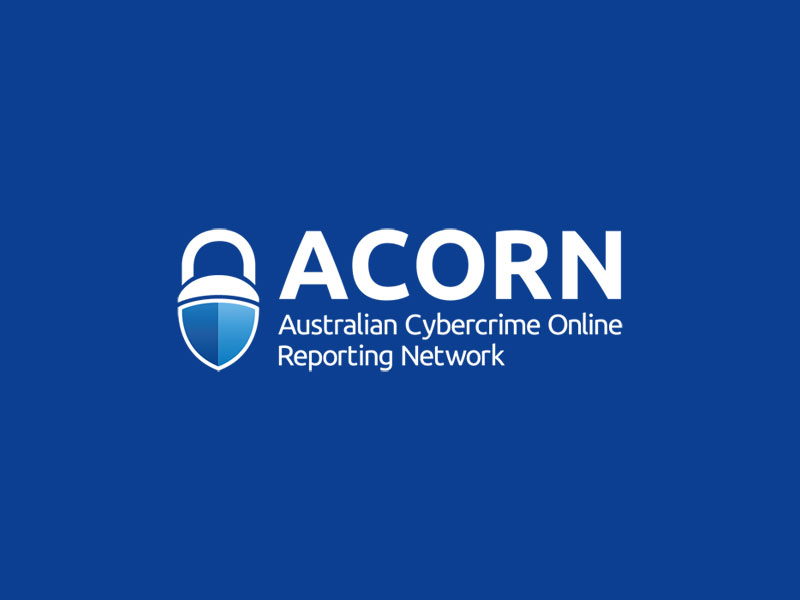Tips to Identify Scammers:

Staying a step ahead of Scammers
Friday, 6th March 2020
- How did they get your name?
- Do they have reliable references?
- Is there any pressure to act immediately?
- Do they require you to pay money up front?
- Do they promise you’ll be wealthy overnight?
Scam Examples
- Charity rackets - impersonaters of genuine charities who ask for donations.
- eBay - read their comprehensive terms and conditions and how to stay safe whilst using their platform.
- Home repairs - Ensure they are a licensed contractor with references and if there’s a contract involved it should be structured properly so the case of a dispute you understand your rights. Look for and confirm some of their testimonials and/or references.
- Investment & Insurance - fast ways to make money.
- Online dating - pretend to be romantic partners and play on your emotions to get money, gifts or personal details. Keep your search local and stay alert to how they answer your questions; are they using generic messages they could send to anyone?
- Phony lottery or winnings - try to trick you into giving money upfront or your personal information in order to receive a prize.
- Buying or selling online - not every transaction is legitimate.
Online Safety
The internet fulfils many people’s lives on a daily basis with its wealth of information, however, it is also full of scams. To stay as safe as possible online, it is essential to learn some of the basic concepts of using a computer and how to protect your personal information.
- Have someone you trust help set up your computer, email passwords and security codes. Learn how to create strong safe passwords and keep a secure record of all your user name and log in details.
- To feel more secure, purchase anti-virus software and ensure you know what it does and how it works. Also turn on your firewall and consider spyware if you use the internet regularly.
- Secure websites are indicated by a lock on the browser’s status bar and the prefix ‘https://’ or ‘https://’. You may also like to consider installing the WOT (website tool) to check the reputation of websites you visit. When you google something, WOT will display a green symbol next to safe sites and red or question mark symbols if a site is suspect – best of all it’s free.
- Secure your wireless router to not leave your devices and information vulnerable in the cases of your home computers, mobile devices, tablets and gaming systems.
- When you’re online, be mindful when installing programs or agreeing to terms.
- Limit the information you share on social media.
- Have a few different email accounts to cut down on spam and privacy issues. ie personal, business, sign-ups and buying online.
- Ensure you know a website is legitimate before signing up for anything and read the terms and conditions. Scammers can sign you up for free for a month and then automatically start charging later.
- Scamming websites send emails and when you click on parts of the email this allows phishing scams and malware to infect your computer.
- Phishing is a form of identity theft where you are tricked into giving your personal information. The information is then used to steal your identity. Aside from websites and emails it can also come in the form of a pop-up window, instant message or chat-room message. It should be noted that phishing attempts are not likely to be personalised.
Here's a few ways to prevent a phishing scam and what NOT to do:
- Click on pop-up windows and ensure your website browser pop-up blocker is enabled.
- Reply to emails requesting financial information even if it's from a trusted source.
- Reply to emails from unrecognised senders.
- Open any links in suspicious emails, instant messages or chat-room messages.
What to do if You Get Scammed
- Contact any financial institution you bank with.
- Run a full system virus check of your computer and change all your passwords.
- For stolen identity contact iDcare a free government-funded service who can help you with your situation.
- Apply for a Commonwealth Victims' Certificate which can be used to help you re-establish your credentials with government and financial institutions.
- Alert your friends and family and you're a small business, let your industry association or business contacts know about the scam.
- Consider speaking with a counselling or support service you can trust.
- Beware of a 'follow-up' scammer who says they're from a law enforcement agency call to investigate your case for a fee.
Other Safeguards
- Shred financial documents with personal information ie atm, bank receipts and statements and cut up old credit cards.
- Check your credit card and financial statements regularly to ensure there have been no unauthorised transactions.
Source: Neighbourhood Watch


